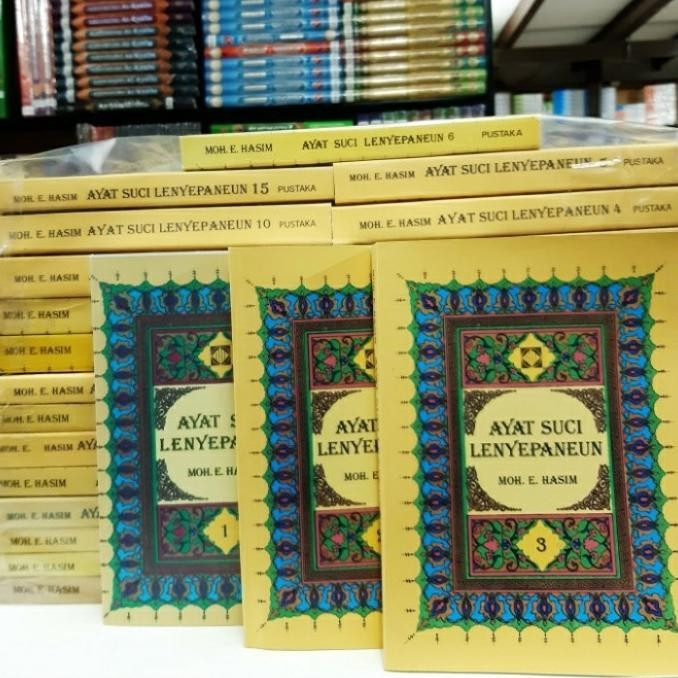In the tradition of pesantren, Nahu and Saraf are foundational sciences, unlocking countless other fields of knowledge. Mastery of these two disciplines is considered essential for acquiring further knowledge.
Historically, Nahu and Saraf have been perceived as daunting and difficult to master. This perception underscores the need for innovative approaches to make these subjects more accessible and enjoyable to learn.

Mastery of Nahu and Saraf is crucial for studying the classical Islamic texts, or “kitab kuning.” Traditionally, achieving proficiency in these subjects required significant time, effort, and mental investment.
The History of Amtsilati
KH Taufiqul Hakim, a young cleric, developed the Amtsilati method—a new and innovative approach to teaching Nahu and Saraf, promising rapid proficiency in reading “kitab kuning” within 3-6 months.
This journey began upon his return from the Pondok Pesantren Mathali’ul Falah Kajen in Pati, Central Java, in 1996. Initially, he employed a method of writing verses from Alfiyyah on the blackboard for collective reading and study with students. This approach continued until 2000.
The name “Amtsilati” derives from an idhafah construction (a combination of two nouns) where the first word, “amtsilatun,” means example, and the second word, “ya’ mutakallim,” means I. Together, they mean “my example,” acknowledging the diverse meanings contained in idhafah constructions.
The creation of Amtsilati commenced on 17 Ramadan 2001. In a state of reflection and spiritual contemplation (zikir), KH Taufiqul Hakim received a vision of his teachers, including Syekh Muhammad Baha’uddin An-Naqsyabandiyyah, Syekh Ahmad Mutamakkin, and Imam Ibn Malik (author of Alfiyyah Ibn Malik), guiding him. This inspiration led to a burst of intense writing, completing the manuscript in ten days.
The Development of Amtsilati
Determined to share Amtsilati beyond his personal use, KH Taufiqul Hakim presented his work publicly. The initial presentation in Jepara, at the Nahdlatul Ulama (NU) building, received modest attention.







